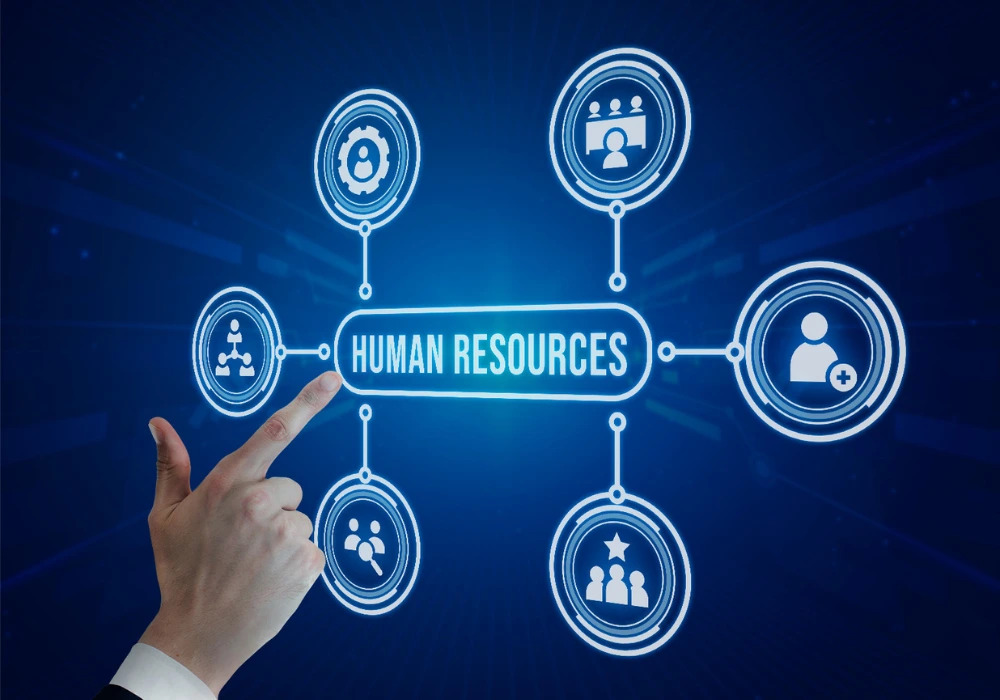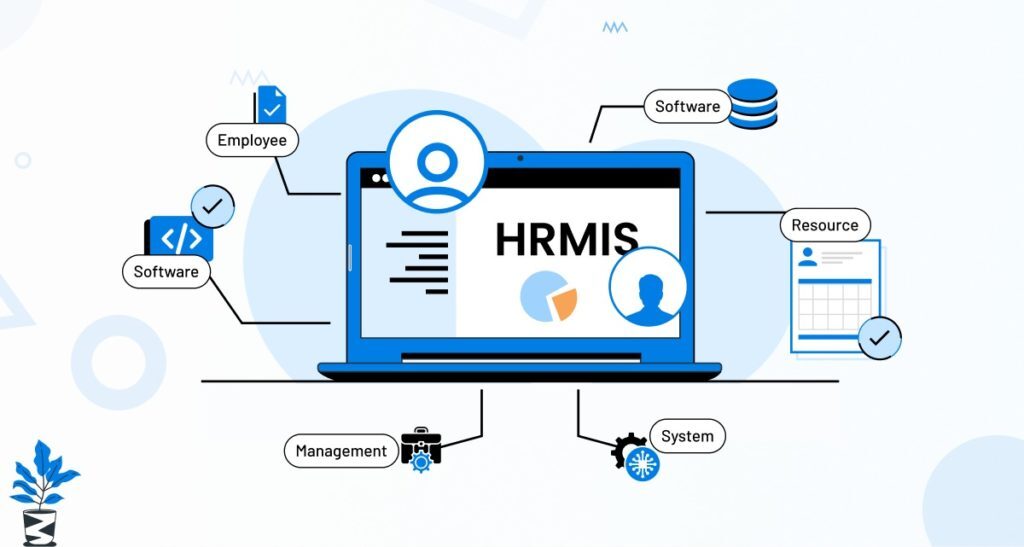In today’s fast-paced business environment, relying on manual HR processes or outdated spreadsheets simply isn’t sustainable. Whether you’re onboarding new employees, managing payroll, or tracking attendance, HR software can simplify these tasks and help your business operate more efficiently.
But with so many options available, how do you choose the best human resources software for your small business? This guide will walk you through everything you need to know.
What Is HR Software?

HR software, also known as a human resources management system (HRMS) or human resources information system (HRIS), is a tool designed to help businesses manage their HR tasks more effectively. These systems automate and streamline processes like payroll, employee data management, recruitment, performance reviews, and compliance tracking.
There are several types of HR software, each catering to different needs:
- HRIS (Human Resource Information System): Focuses on managing employee data and administrative tasks.
- HRMS (Human Resource Management System): Offers advanced features like performance tracking and talent management.
- HCM (Human Capital Management): Provides tools for strategic HR planning, aligning HR processes with long-term business goals.
By implementing the right HR software, small businesses can improve efficiency, reduce manual labor, and ensure compliance with labor laws.
Why Do Small Businesses Need HR Software?
Small businesses often operate with limited resources, making it challenging to manage HR tasks manually. Here’s why investing in the best human resources software for small businesses is a game-changer:
- Streamlines HR Processes: From payroll to onboarding, HR software automates repetitive tasks, saving time and reducing errors.
- Improves Compliance: Staying up-to-date with labor laws and regulations is easier with built-in compliance features.
- Enhances Employee Experience: Tools like self-service portals and performance management systems help employees feel more engaged and supported.
- Scales with Your Business: As your business grows, HR software can adapt to handle more employees and complex processes.
- Centralizes Data: Instead of juggling multiple spreadsheets, all employee information is stored in one secure platform.
Key Features to Look for in HR Software for Small Businesses
When choosing the best human resources software for your small business, consider the following features:
- Payroll Processing: Automates salary calculations, tax deductions, and payments.
- Time and Attendance Tracking: Monitors employee work hours, absences, and leave requests.
- Employee Database Management: Stores and updates employee information securely.
- Recruitment Tools: Streamlines hiring with applicant tracking and interview scheduling.
- Onboarding Tools: Creates a seamless experience for new hires.
- Performance Management: Tracks employee goals, reviews, and feedback.
- Compliance Management: Ensures adherence to labor laws and regulations.
- Employee Self-Service Portal: Allows employees to access their information and submit requests.
- Benefits Administration: Manages health insurance, retirement plans, and other benefits.
- Reporting and Analytics: Provides insights into HR metrics like turnover rates and employee performance.
Top HR Software Options for Small Businesses
Here’s a look at some of the best human resources software for small businesses:
BambooHR: Employee database, applicant tracking, onboarding, performance management, and reporting.
- Pros: User-friendly interface, customizable workflows, strong reporting tools.
- Cons: Limited payroll features; advanced functions may require additional costs.
Gusto: Payroll, benefits administration, time tracking, compliance support, and employee self-service.
- Pros: Easy-to-use, comprehensive payroll, excellent benefits management.
- Cons: Limited international payroll; higher-tier plans can be costly.
Rippling: Payroll, benefits administration, onboarding, device management, and software provisioning.
- Pros: Seamless integrations, excellent automation features, scalable for growth.
- Cons: Can be complex for very small businesses; higher pricing.
Zoho People: Employee database, leave management, time tracking, performance appraisals, and HR analytics.
- Pros: Affordable, integrates with other Zoho products, customizable workflows.
- Cons: Limited payroll capabilities; initial learning curve.
Paycor: Payroll, time and attendance, applicant tracking, onboarding, and benefits administration.
- Pros: Strong payroll features, intuitive interface, solid reporting.
- Cons: Inconsistent customer support; additional costs for some features.
Benefits of HR Software for Small Businesses

Investing in the best human resources software for small businesses offers numerous advantages:
Centralized Data Management: Reduces errors and improves data security.
Automated Processes: Saves time by automating tasks like payroll and attendance tracking.
Improved Compliance: Ensures adherence to labor laws and regulations.
Enhanced Employee Engagement: Tools like performance reviews and self-service portals boost morale.
Scalability: Grows with your business, accommodating more employees and complex processes.
Cost Savings: Reduces operational costs and minimizes the need for manual labor.
How to Choose the Best HR Software for Your Small Business
Selecting the right HR software requires careful consideration. Here’s a step-by-step guide:
- Assess Your Needs: Identify the HR tasks that need improvement, such as payroll, recruitment, or compliance.
- Set a Budget: Determine how much you’re willing to spend and prioritize must-have features.
- Compare Features: Look for software that offers the tools you need, like payroll processing or performance management.
- Check Integrations: Ensure the software integrates with your existing tools, such as accounting or project management systems.
- Prioritize Scalability: Choose a system that can grow with your business.
- Read Reviews: Look for feedback from other small businesses to gauge reliability and ease of use.
- Request a Demo: Test the software to see if it meets your needs and is user-friendly.
Final Thoughts
Choosing the best human resources software for your small business is a strategic decision that can transform your operations. By automating HR tasks, improving compliance, and enhancing employee engagement, the right software can help your business grow efficiently and effectively.
Whether you opt for an all-in-one solution like BambooHR or a payroll-focused platform like Gusto, investing in HR software is a step toward long-term success. Take the time to evaluate your needs, explore your options, and choose a system that aligns with your business goals.
With the right tools in place, you’ll be well-equipped to tackle challenges, support your employees, and achieve your business objectives.
